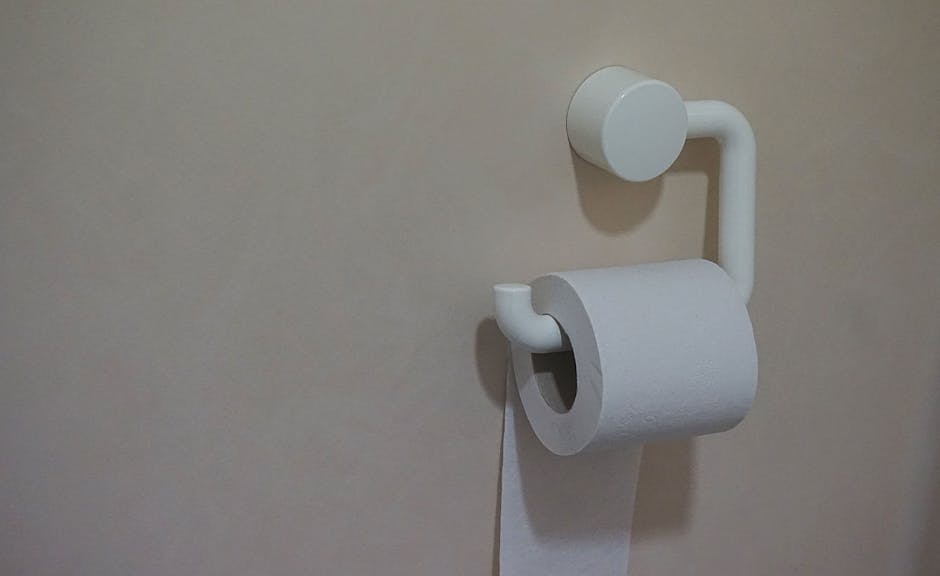Can I Compost Tissue Paper?
Tissue paper readily composts because it's made from natural fibers that break down quickly in a compost pile.


Sourced & Cited
Tissue paper is a great addition to your compost bin! It's primarily made from plant-based materials, so it decomposes relatively easily. Unlike some papers, it doesn't contain harmful chemicals or coatings.
Compost Classification
Brown (Carbon-rich): Tissue paper is primarily composed of cellulose fibers, which are dry and carbon-rich, making it a good brown material for balancing the nitrogen in your compost pile. The dry nature of tissue paper helps to regulate moisture levels and promote healthy decomposition.
🏷️ Tags
Important characteristics to know about this item:
Breaks Down Quickly Use in Moderation Pest Attraction Risk Avoid if Treated/Coated
⚠️ Potential Risks
- Attracting pests if large amounts are added without proper mixing.
- Potential for slow decomposition if not properly incorporated into the compost pile.
💡 Best Practices
- Tear tissue paper into smaller pieces to ensure faster decomposition.
- Mix it well with other "green" materials (food scraps, grass clippings) to maintain a balanced carbon-to-nitrogen ratio.
- Avoid adding excessively large amounts at once, which could create anaerobic conditions.
- Place it deep within the compost pile to avoid attracting pests and promote faster decomposition.
